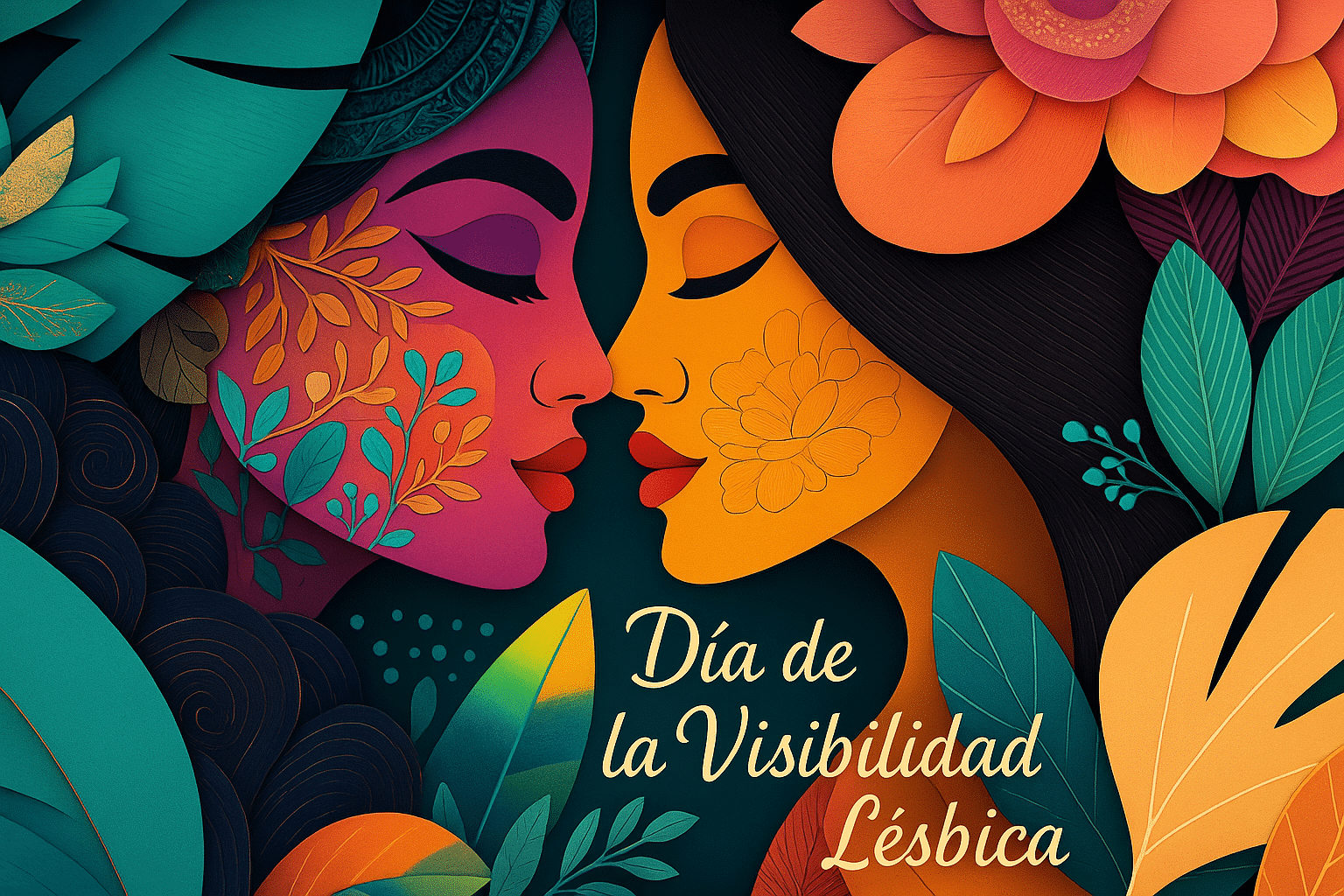What is Lesbian Visibility Day (Chile)?
Lesbian Visibility Day is held every year on July 9 and is celebrated in Chile. The day was created to honor the memory of Mónica Briones Puccio, a Chilean sculptor who lived openly as a lesbian during the Pinochet dictatorship. On July 9, 1984, she was murdered in what is considered the first recorded lesbophobic hate crime in the country. Her case remains unsolved, and her death has become a symbol of the violence and invisibility faced by lesbian women in Chile.
This day is not only about remembrance. It also calls attention to the continued struggles of lesbian individuals in society, including discrimination, underrepresentation, and violence. Events held on this day promote lesbian identity, visibility, and dignity in both public and private life.
History and Origin
Although Lesbian Visibility Day is internationally observed on April 26, Chile’s version takes place on July 9. The date was chosen to mark the murder of Mónica Briones, whose life and death pushed many activists to demand change. Briones was one of the very few women who dared to live openly as a lesbian in 1980s Chile. Her murder, and the silence that followed, revealed just how unsafe and unsupported lesbian lives were in that era.
In 2015, activist group Rompiendo el Silencio and other feminist collectives officially established July 9 as Lesbian Visibility Day in Chile. Since then, the day has grown into a national call for recognition and justice. From street art to public lectures, it is now a visible and powerful moment in Chile’s LGBTQ+ calendar.
Who participates in Lesbian Visibility Day (Chile)?
- LGBTQ+ activists: Organize public events and campaigns to promote lesbian rights and awareness.
- Feminist groups: Focus on intersections between gender, sexuality, and political history.
- Schools and universities: Host workshops, screenings, and panel discussions about lesbian identity.
- Local authorities: In some cases, provide support or visibility through official statements or events.
- General public: Attend marches, share stories, or simply listen and learn.
Slogans and Themes
Slogans such as “Visibility saves lives,” “In memory of Mónica Briones,” and “No more lesbophobia” are common on this day. Themes often focus on resistance, remembrance, and the need to make lesbian lives visible in history, politics, and culture. The message is always clear: silence is not neutral, and visibility is a form of justice.
Colors, Symbols, and Patterns
Colors
- Purple: Associated with lesbian pride and feminist struggle.
- Black: Used in mourning and to remember lives lost to hate crimes.
- Rainbow: Reflects broader LGBTQ+ inclusion and solidarity.
Symbols
- Labrys axe: A symbol of lesbian feminism and resistance.
- Portraits of Mónica Briones: Often carried in marches or shown in exhibitions.
- Raised fists: Stand for strength, protest, and collective memory.
Patterns
- Street marches: Held in cities like Santiago to demand justice and visibility.
- Artistic events: Include murals, poetry readings, and music performances by lesbian artists.
- Public storytelling: Sessions where lesbian women share personal histories and testimonies.
Most Used Hashtags
- #DíaDeLaVisibilidadLésbica
- #MónicaBriones
- #LesbianVisibilityDayChile
- #OrgulloLésbico
- #NoMásLesbofobia
How do you celebrate Lesbian Visibility Day (Chile)?
- Attend a march or vigil: Join others in public spaces to honor lesbian lives and protest injustice.
- Learn the history: Read about Mónica Briones and the broader history of lesbian activism in Chile.
- Support lesbian artists: Follow and promote creators whose work highlights lesbian experience.
- Host a discussion: Create space in your community, school, or workplace to talk about lesbophobia.
- Use social media: Amplify voices and stories using the day’s hashtags and messages.
Why is Lesbian Visibility Day (Chile) important?
This day is important because it recognizes a part of history that is often ignored. Mónica Briones’ story, and those of many others, show how dangerous invisibility can be. Lesbian women in Chile have long faced both silence and violence, and this day is a direct response to both. It is a moment to honor lives lost, support those still fighting, and demand a society where visibility is no longer a risk. Lesbian Visibility Day in Chile is not about celebration alone. It is about survival, memory, and the right to exist without fear.
Features
July 9: Día de la Visibilidad Lésbica (Chile)
Why do you keep falling for the same type?
Read the article Lovemaps: the hidden blueprint of our love.

